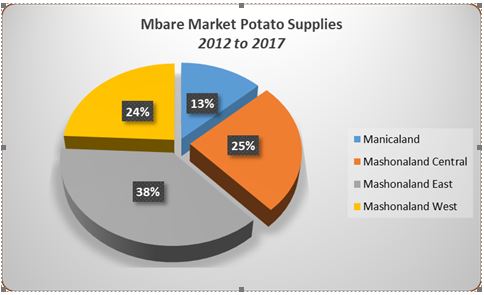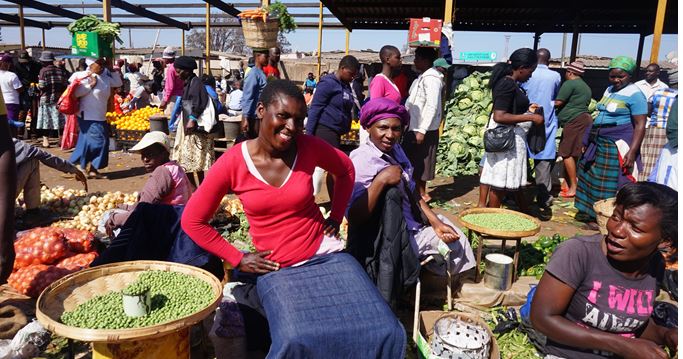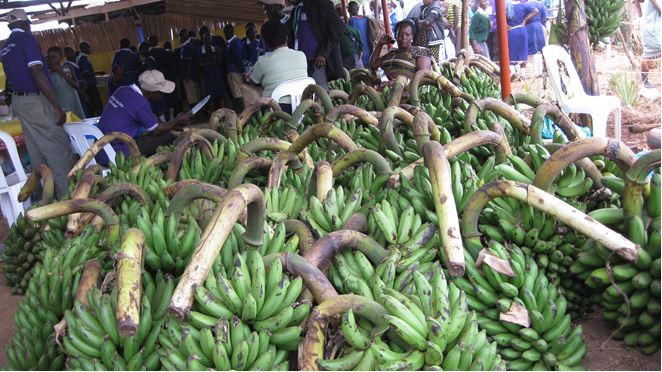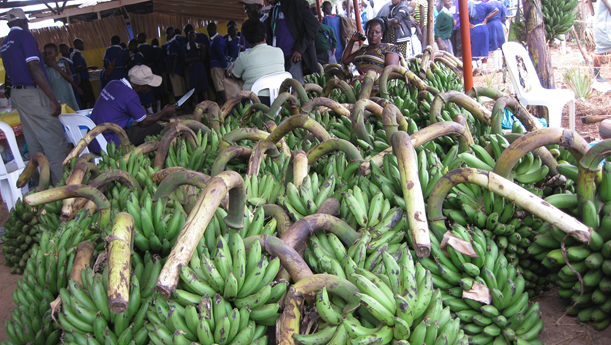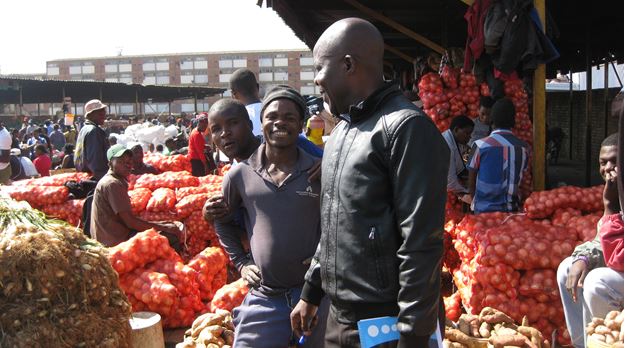The merits of an effective marketplace for agricultural evidence
Discovering and maintaining agricultural commodities markets is not enough for developing countries. They have to build a culture of synthesizing and sharing evidence in real-time. Absence of a culture of synthesizing information and knowledge from diverse sources remains a big challenge among farmers, economic actors, consumers and policy makers in the majority of developing countries. Read more about The merits of an effective marketplace for agricultural evidence[…]

